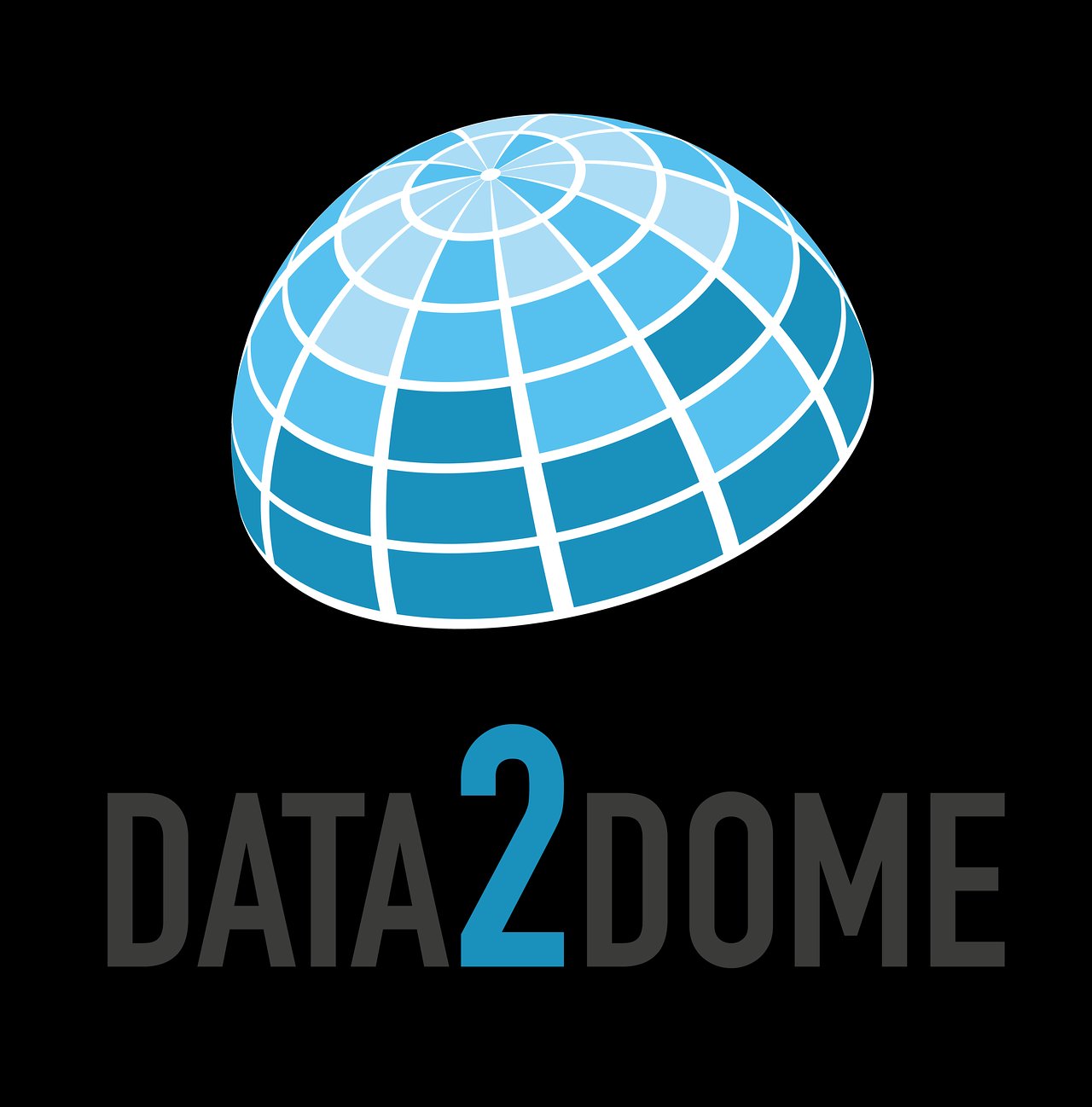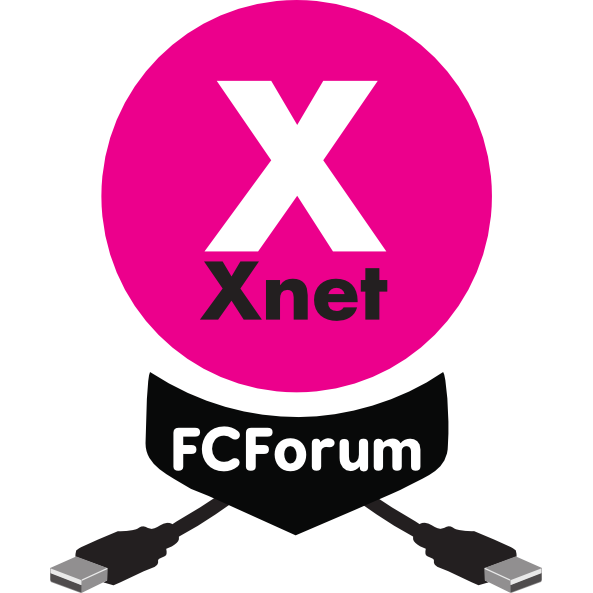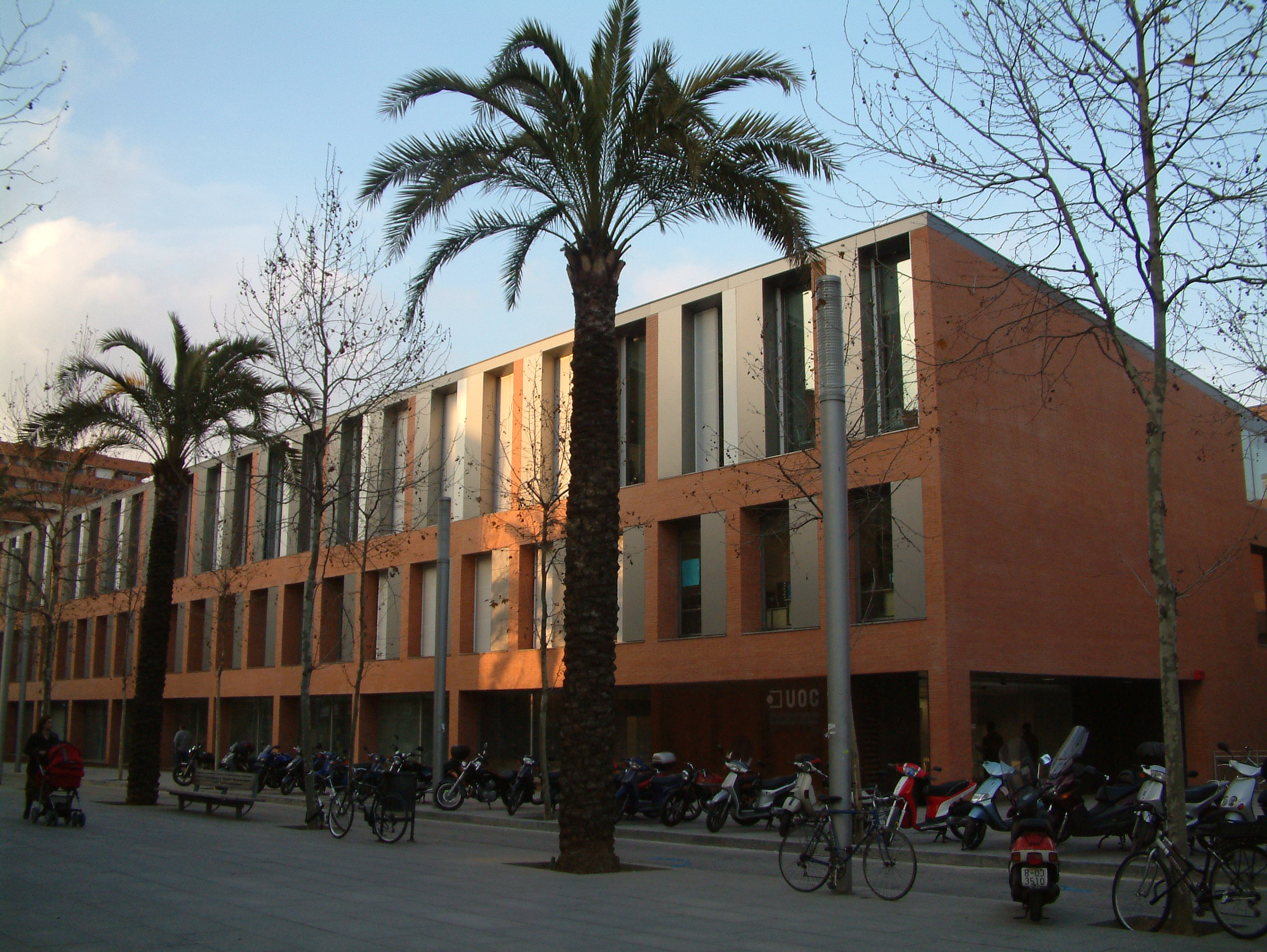|
Free Knowledge Institute
The Free Knowledge Institute (FKI) is a non-profit organisation founded in 2006 in the Netherlands. Inspired by the free software movement, the FKI fosters the free exchange of knowledge in all areas of society by promoting freedom of use, modification, copying, and distribution of knowledge pertaining to education, technology, culture, and science. The FKI coordinates and participates in projects concerning education, access to knowledge, intellectual property, and open educational resources. Vision Communication networks, and especially the Internet, have become the driving force of a revolution only comparable to the one that followed the invention of the printing press. In its years of existence, the Internet has given wings to our natural tendency to share information. However, still a dominant sector of society thinks that knowledge should be protected by several legal regimes commonly referred to with the term 'intellectual property'. This term suggests that knowledg ... [...More Info...] [...Related Items...] OR: [Wikipedia] [Google] [Baidu] |
Non-profit Organisation
A nonprofit organization (NPO) or non-profit organisation, also known as a non-business entity, not-for-profit organization, or nonprofit institution, is a legal entity organized and operated for a collective, public or social benefit, in contrast with an entity that operates as a business aiming to generate a profit for its owners. A nonprofit is subject to the non-distribution constraint: any revenues that exceed expenses must be committed to the organization's purpose, not taken by private parties. An array of organizations are nonprofit, including some political organizations, schools, business associations, churches, social clubs, and consumer cooperatives. Nonprofit entities may seek approval from governments to be tax-exempt, and some may also qualify to receive tax-deductible contributions, but an entity may incorporate as a nonprofit entity without securing tax-exempt status. Key aspects of nonprofits are accountability, trustworthiness, honesty, and openness to eve ... [...More Info...] [...Related Items...] OR: [Wikipedia] [Google] [Baidu] |
Open Standards
An open standard is a standard that is openly accessible and usable by anyone. It is also a prerequisite to use open license, non-discrimination and extensibility. Typically, anybody can participate in the development. There is no single definition, and interpretations vary with usage. The terms ''open'' and ''standard'' have a wide range of meanings associated with their usage. There are a number of definitions of open standards which emphasize different aspects of openness, including the openness of the resulting specification, the openness of the drafting process, and the ownership of rights in the standard. The term "standard" is sometimes restricted to technologies approved by formalized committees that are open to participation by all interested parties and operate on a consensus basis. The definitions of the term ''open standard'' used by academics, the European Union, and some of its member governments or parliaments such as Denmark, France, and Spain preclude open standard ... [...More Info...] [...Related Items...] OR: [Wikipedia] [Google] [Baidu] |
2006 Establishments In The Netherlands
6 (six) is the natural number following 5 and preceding 7. It is a composite number and the smallest perfect number. In mathematics Six is the smallest positive integer which is neither a square number nor a prime number; it is the second smallest composite number, behind 4; its proper divisors are , and . Since 6 equals the sum of its proper divisors, it is a perfect number; 6 is the smallest of the perfect numbers. It is also the smallest Granville number, or \mathcal-perfect number. As a perfect number: *6 is related to the Mersenne prime 3, since . (The next perfect number is 28.) *6 is the only even perfect number that is not the sum of successive odd cubes. *6 is the root of the 6-aliquot tree, and is itself the aliquot sum of only one other number; the square number, . Six is the only number that is both the sum and the product of three consecutive positive numbers. Unrelated to 6's being a perfect number, a Golomb ruler of length 6 is a "perfect ruler". Six is a con ... [...More Info...] [...Related Items...] OR: [Wikipedia] [Google] [Baidu] |
Knowledge Sharing
Knowledge sharing is an activity through which knowledge (namely, information, skills, or expertise) is exchanged among people, friends, peers, families, communities (for example, Wikipedia), or within or between organizations. It bridges the individual and organizational knowledge, improving the absorptive and innovation capacity and thus leading to sustained competitive advantage of companies as well as individuals. Knowledge sharing is part of the Knowledge management process. Apart from traditional face-to-face knowledge sharing, social media is a good tool because it is convenient, efficient, and widely used. Organizations have recognized that knowledge constitutes a valuable intangible asset for creating and sustaining competitive advantages. However, technology constitutes only one of the many factors that affect the sharing of knowledge in organizations, such as organizational culture, trust, and incentives. The sharing of knowledge constitutes a major challenge in the f ... [...More Info...] [...Related Items...] OR: [Wikipedia] [Google] [Baidu] |
Intellectual Property Activism
An intellectual is a person who engages in critical thinking, research, and reflection about the reality of society, and who proposes solutions for the normative problems of society. Coming from the world of culture, either as a creator or as a mediator, the intellectual participates in politics, either to defend a concrete proposition or to denounce an injustice, usually by either rejecting or producing or extending an ideology, and by defending a system of values. Etymological background "Man of letters" The term "man of letters" derives from the French term ''belletrist'' or ''homme de lettres'' but is not synonymous with "an academic". A "man of letters" was a literate man, able to read and write, as opposed to an illiterate man in a time when literacy was rare and thus highly valued in the upper strata of society. In the 17th and 18th centuries, the term ''Belletrist(s)'' came to be applied to the ''literati'': the French participants in—sometimes referred to as ... [...More Info...] [...Related Items...] OR: [Wikipedia] [Google] [Baidu] |
Privacy Organizations
Privacy (, ) is the ability of an individual or group to seclude themselves or information about themselves, and thereby express themselves selectively. The domain of privacy partially overlaps with security, which can include the concepts of appropriate use and protection of information. Privacy may also take the form of bodily integrity. The right not to be subjected to unsanctioned invasions of privacy by the government, corporations, or individuals is part of many countries' privacy laws, and in some cases, constitutions. The concept of universal individual privacy is a modern concept primarily associated with Western culture, particularly British and North American, and remained virtually unknown in some cultures until recent times. Now, most cultures recognize the ability of individuals to withhold certain parts of personal information from wider society. With the rise of technology, the debate regarding privacy has shifted from a bodily sense to a digital sense. As ... [...More Info...] [...Related Items...] OR: [Wikipedia] [Google] [Baidu] |
Foundations Based In The Netherlands
Foundation may refer to: * Foundation (nonprofit), a type of charitable organization ** Foundation (United States law), a type of charitable organization in the U.S. ** Private foundation, a charitable organization that, while serving a good cause, might not qualify as a public charity by government standards * Foundation (cosmetics), a multi-coloured makeup applied to the face * Foundation (evidence), a legal term * Foundation (engineering), the element of a structure which connects it to the ground, and transfers loads from the structure to the ground Arts, entertainment, and media Film and TV * ''The Foundation'', a film about 1960s-1970s Aboriginal history in Sydney, featuring Gary Foley * ''Foundation'' (TV series), an Apple TV+ series adapted from Isaac Asimov's novels * "The Foundation" (''Seinfeld''), an episode * ''The Foundation'' (1984 TV series), a Hong Kong series * ''The Foundation'' (Canadian TV series), a 2009–2010 Canadian sitcom Games * ''Foundati ... [...More Info...] [...Related Items...] OR: [Wikipedia] [Google] [Baidu] |
Computer Law Organizations
A computer is a machine that can be programmed to carry out sequences of arithmetic or logical operations (computation) automatically. Modern digital electronic computers can perform generic sets of operations known as programs. These programs enable computers to perform a wide range of tasks. A computer system is a nominally complete computer that includes the hardware, operating system (main software), and peripheral equipment needed and used for full operation. This term may also refer to a group of computers that are linked and function together, such as a computer network or computer cluster. A broad range of industrial and consumer products use computers as control systems. Simple special-purpose devices like microwave ovens and remote controls are included, as are factory devices like industrial robots and computer-aided design, as well as general-purpose devices like personal computers and mobile devices like smartphones. Computers power the Internet, which links bi ... [...More Info...] [...Related Items...] OR: [Wikipedia] [Google] [Baidu] |
Organisations Based In Amsterdam
An organization or organisation (Commonwealth English; see spelling differences), is an entity—such as a company, an institution, or an association—comprising one or more people and having a particular purpose. The word is derived from the Greek word ''organon'', which means tool or instrument, musical instrument, and organ. Types There are a variety of legal types of organizations, including corporations, governments, non-governmental organizations, political organizations, international organizations, armed forces, charities, not-for-profit corporations, partnerships, cooperatives, and educational institutions, etc. A hybrid organization is a body that operates in both the public sector and the private sector simultaneously, fulfilling public duties and developing commercial market activities. A voluntary association is an organization consisting of volunteers. Such organizations may be able to operate without legal formalities, depending on jurisdiction, includin ... [...More Info...] [...Related Items...] OR: [Wikipedia] [Google] [Baidu] |
Free Culture Forum
The Free Culture Forum (FCForum) was an international meeting of relevant organisations and individuals involved in free culture, digital rights and access to knowledge. It took place in Barcelona every annually from 2009 to 2015, jointly with the oXcars, a free culture festival. The ''oXcars'' (or ''OXcars'') are a non-competitive awards ceremony held at Sala Apolo in Barcelona, Spain, in October each year. They are a public showcase that puts the spotlight on cultural creation and distribution carried out under the paradigms of shared culture. Through presentations and symbolic mentions of works in a series of categories, real legal situations involving free culture are shown using parody. Award ceremonies The Oxcars are an awards ceremony organised by Xnet (previously eXgae, until November 2010), a non-profit organisation that explores alternative models for cultural diffusion and royalties management. In 2008 and 2009 the oXcars were organised with the collaboration of Con ... [...More Info...] [...Related Items...] OR: [Wikipedia] [Google] [Baidu] |
Open University Of Catalonia
The Open University of Catalonia ( ca, Universitat Oberta de Catalunya, UOC; ) is a private open university based in Barcelona, Spain. The UOC offers graduate and postgraduate programs in Catalan, Spanish and English in fields such as Psychology, Computer Science, Sciences of Education, Information and Knowledge Society, and Economics. Also, an Information and Knowledge Society Doctoral Program is available that explores research fields such as e-law, e-learning, network society, education, and online communities. It has support centers in a number of cities in Spain, Andorra, Mexico and Colombia. The UOC is also a parent institution of Institut Barcelona d'Estudis Internacionals (IBEI). Organization and administration Chairs * UNESCO Chair in Education and Technology for Social Change * UNESCO Chair on Food, Culture and Development * Miró Chair * UOC-Telefónica Chair in Design and Multimedia Creation * UOC- BSA Chair in Applied Research and Data Analysis in Health * I ... [...More Info...] [...Related Items...] OR: [Wikipedia] [Google] [Baidu] |






